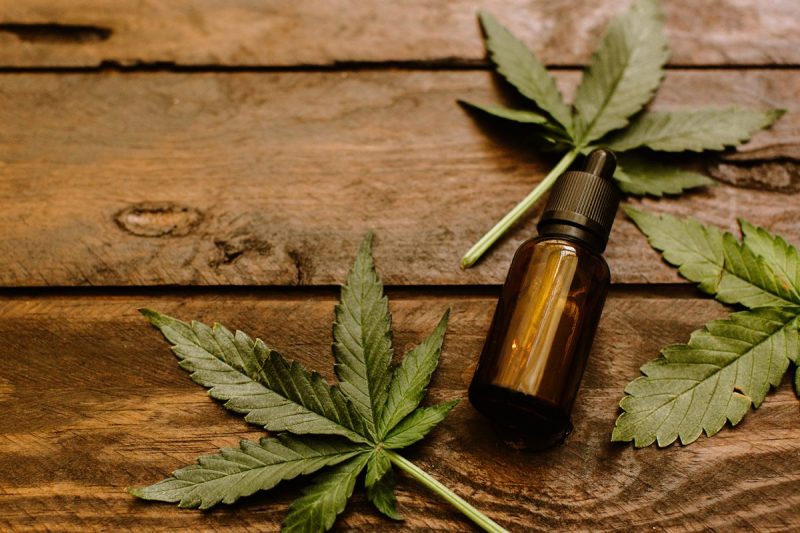
From fitness to anti-anxiety, people like to use CBD or cannabidiol for all sorts of reasons. As one of the chemical in cannabis, CBD has some of the beneficial effects of weeds but without the trippy elements caused by THC or tetrahydrocannabinol. It can be used for everything from relieving pain to relaxing after a long day, and some people find that it helps with conditions like anxiety too.
However, CBD isn’t regulated by the FDA, so you need to be careful about where you acquire your CBD and how you use it. The effects can vary considerably from one person to another, and some people can handle higher doses whilst others get the same effects from smaller amounts.
If you’re going to try CBD then it’s best to be prepared and to know what to expect. CBD can be taken many ways, but oil is one of the most popular, so before you try it then have a look through this guide to find out what taking CBD oil feels like and consider if it’s right for you.
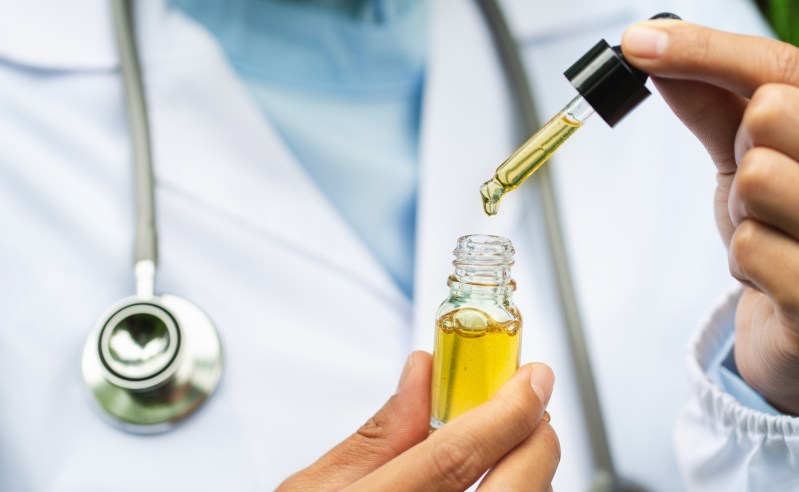
What is CBD oil?
Before we get into the details of what CDB oil feels like, let’s talk about what it is. CBD oil is an extract from the cannabis plant that’s been gaining popularity for its potential health benefits. It’s important to note that it’s different from THC, the psychoactive compound that causes the “high” associated with marijuana. CBD oil doesn’t contain THC and therefore will not produce any psychoactive effects.
CBD oil is made by extracting CBD from the cannabis plant and then diluting it with a carrier oil, such as coconut oil or hemp seed oil. It’s available in a variety of forms, including tinctures, capsules, gummies, and creams. People use CBD oil for a variety of reasons, including:
- Pain relief
- Anxiety and depression relief
- Seizure reduction
- Improved sleep
- Reduced inflammation
- Skin health
Here are some additional things to keep in mind about CBD oil:
- The quality of CBD oil can vary widely, so it’s important to purchase from a reputable source.
- The dosage of CBD oil can vary depending on the condition being treated, so it’s important to talk to your doctor about the right dosage for you.
- CBD oil can cause side effects, such as dry mouth, diarrhea, and drowsiness.

What does smoking CBD feel like?
Smoking CBD affects every user differently, depending on the quantity you take, how frequently you use it, and a range of other factors related to each individual. Unlike cannabis, smoking CBD does not get you high, which means it doesn’t impair your judgment or your motor skills in that way.
That doesn’t mean that CBD doesn’t affect the people who smoke it, and that’s especially true for first-time users. It may give you a light buzz, but only the first few times you smoke it. That buzz is not a high, though. Instead, it’s more like a feeling of general health and well-being, similar to the one you may feel after you’ve exercised.
Most people use CBD as a substance that relieves stress, and in doing so, they often feel a kind of “body high” that allows them to feel connected with themselves. Some strains also make you feel more energized or motivated, and higher amounts leave you feeling deeply relaxed or possibly sleepy.
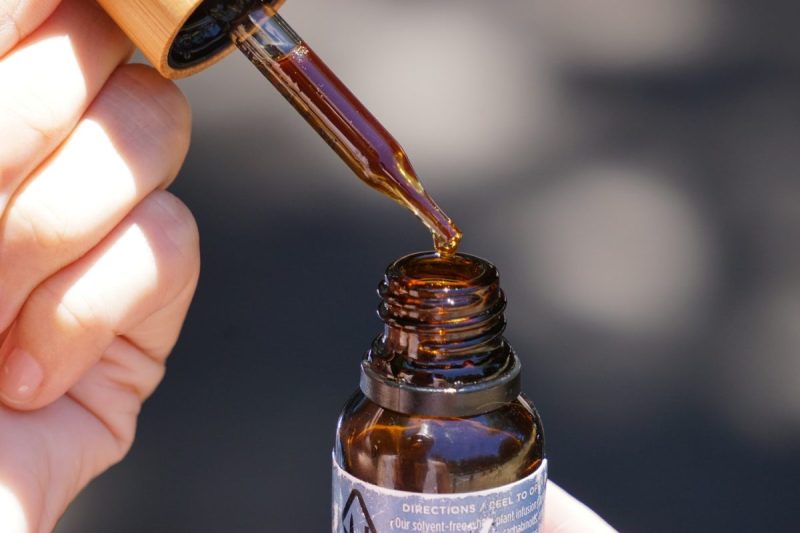
What does CBD oil feel like?
The effects of CBD oil are similar to those you might feel from smoking it. People take CBD oil to deal with pain or other issues, which CBD can help relieve. Others find that, like smoking CBD, using CBD oil topically makes them feel more relaxed or connected to their body.
Some discover CBD oil slows down their mind, but not in a way that leads to drowsiness or makes them unable to function. Instead, CBD allows some people to focus on a single task when they can’t concentrate. CBD is often advertised as providing many of the same benefits as cannabis, but in a less extreme form. Many professional athletes use it before games or practices to allow them to feel more in sync with their bodies and focus solely on their upcoming performance.
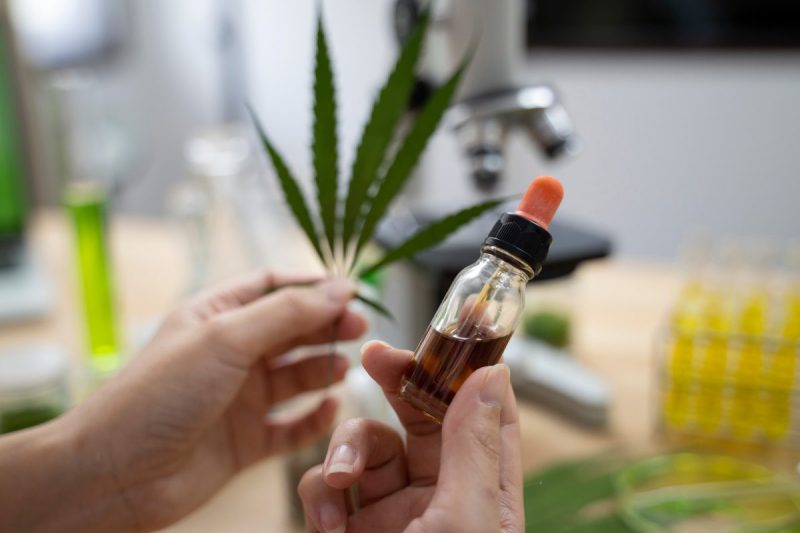
CBD extras
We always see on TV that someone takes an edible and starts tripping out a few seconds later. In reality, that’s not quite true.
How long does it take for CBD to kick in?
For most people, when they vape or smoke CBD, the effects of the kind you took take around 15 minutes to start working in your body. If you take CBD in an edible or in the topical variety, you’ll have to wait about an hour before you feel anything and up to 2 hours before you peak.
The overall effects should last anywhere from 6 to 8 hours, depending on how you take it. Now, this all also depends on how the person reacts to it. You’ll have to do trial and error to find which way you like to take CBD, how long that takes to start working, and how long the effects last.
How much CBD do you take before you feel it?
As with starting anything new, slow and steady wins the race. Beginners should start with about 5 mg at first, for the first few days up to the first week. Monitor how that goes, and then increase by 5 mg as needed. Every person is different, so 10 mg for someone might do the trick, whereas another person may need a minimum of 20 mg to feel anything. Again, trial and error, my friends, trial and error.
Can too much CDB make you jittery?
As with any kind of medicinal substance, taking too much CDB can give you some negative effects. As the effects aren’t psychoactive, you won’t be freaking out the way that someone who smokes too much weed might. And the effects of CBD are generally mild and temporary. Still, it’s good to be aware of what taking too much feels like so you can get the dose right — just enough to make you feel good.
Effects of too much CBD can include things like a dry mouth, nausea, or feeling jittery or shaky. At worse, effects can include vomiting and gastrointestinal issues. While these will pass naturally, it’s far better to avoid them altogether by taking small doses and working your way up to a dose which works for you, rather than taking a large dose straight away.
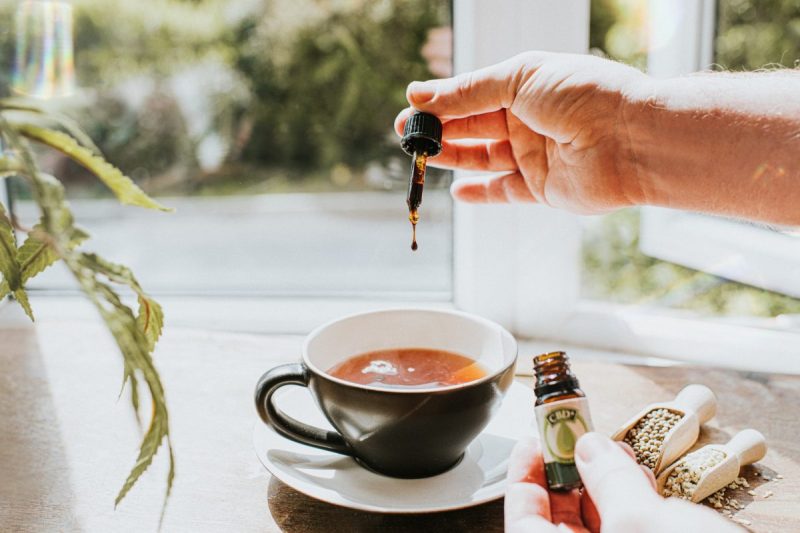
Do all CBD products act the same?
CBD products work differently, but those differences often come from the kind of CBD you purchase, as opposed to how you ingest it. Everything from the strain of the CBD to the brand you buy affects how you feel when taking it.
Three main types of CBD
- Isolate – contains only CBD and no other substances found in cannabis
- Broad-spectrum – contains a large number of the substances found in cannabis, but doesn’t contain THC
- Full-spectrum – contains all the substances that are naturally found in cannabis, including THC
Full-spectrum products that include THC are more effective because they combine the effects of CBD and THC. Most CBD products that contain THC have a low amount, but it significantly changes how you react after taking it. CBD isolate is likely to be a milder experience, while those variations that contain THC or other substances may have a greater impact on the person taking it. For most, it makes sense to start with CBD isolate and then graduate to other products if the isolate isn’t giving you the level of relief you’re looking for.
Ultimately, choosing the right CBD product for you involves examining a range of factors. Consider your reasons for being interested in CBD and the differences between the various brands and strains available. We hope we helped you figure out what type of CBD you’re going to try so you can get the relief you’re looking for.
Editors' Recommendations
- Improve your skin and eyes with these delicious foods high in vitamin A
- How to make hard apple cider from the comfort of your home
- All energy, no jitters: The best CBD coffee brands
- Want a truly special margarita? Burn your lemons (yes, really)
- How many glasses of wine are actually in a bottle? You might not like the answer





